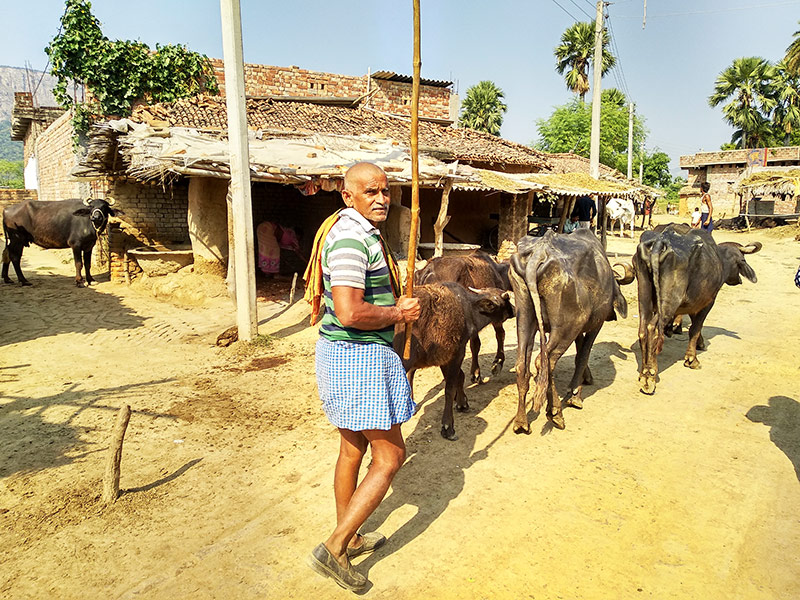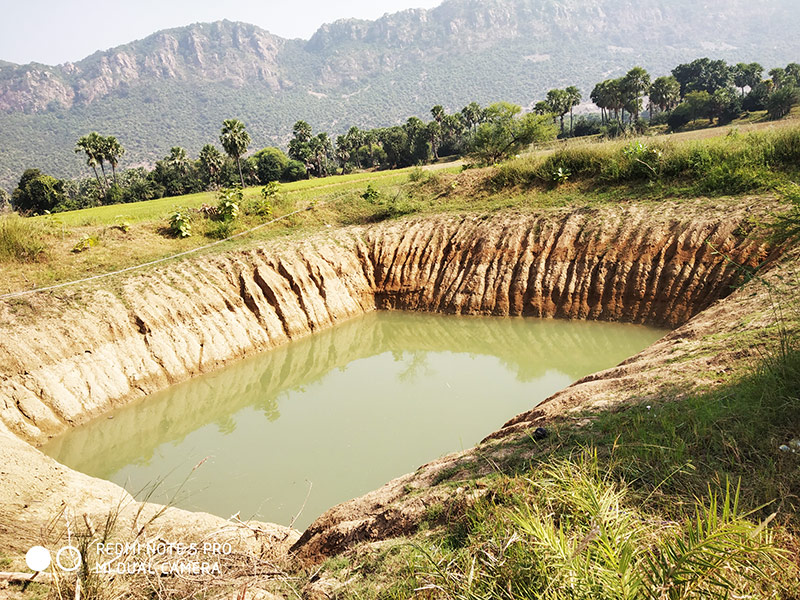A Field Trip for Exploring Myriad Dimension of Agriculture in Bhojpur Village
October 27, 2018
A field trip was organized on 27 October 2018, to Bhojpur Village as the part of the course “Environment and Society” for I semester students of School of Ecology and Environment Studies (SEES) by Dr. Aviram Sharma. Bhojpur is a small village near to Jethian Valley in Bihar, having a population of size nearly 700-800. The village is under-developed, electrified in 2012 and recently got road connectivity. Most of the villagers are depended on agriculture and livestock for their livelihood. They altogether depend on the forest for the supply of fuel and fodder. The field trip was focusing on the establishment of comprehension about the relationship between society and its environment. Society and environment are miscible elements which cannot be separated from each other and playing interrelationship with each other.
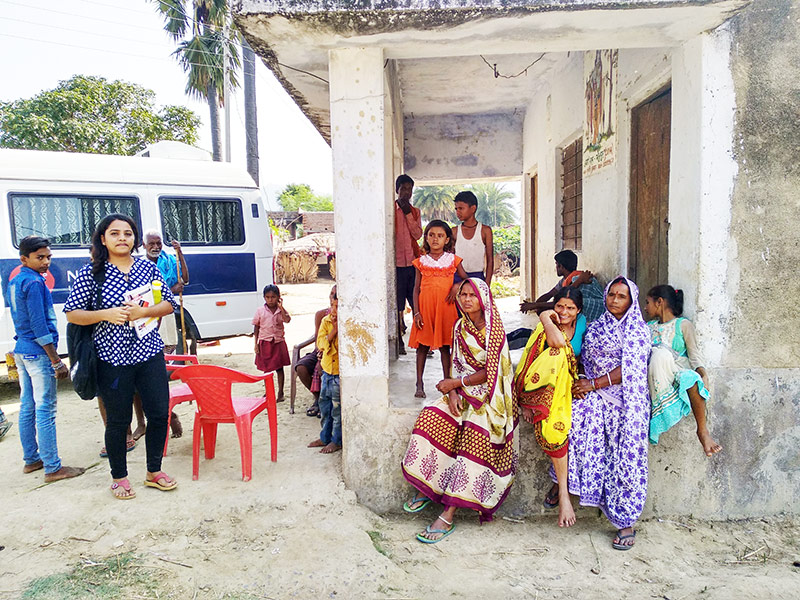
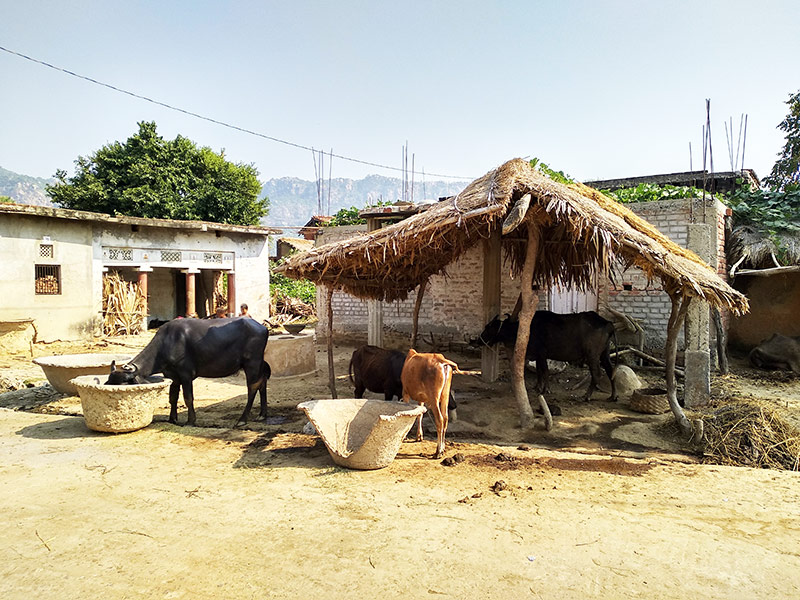
The theme of the field work was to study the agricultural practices and how the farmers associate themselves with agriculture in terms of soil, seeds, irrigation, and biodiversity. The students were divided into two groups, the first group explored the dimensions of agricultural inputs like their seeds, traditional irrigation system, and their understanding of soil quality and the second group inquired about the biodiversity of their agricultural system. An elaborated questionnaire was prepared by the respective groups and discussed in the class in order to have a clear agenda.
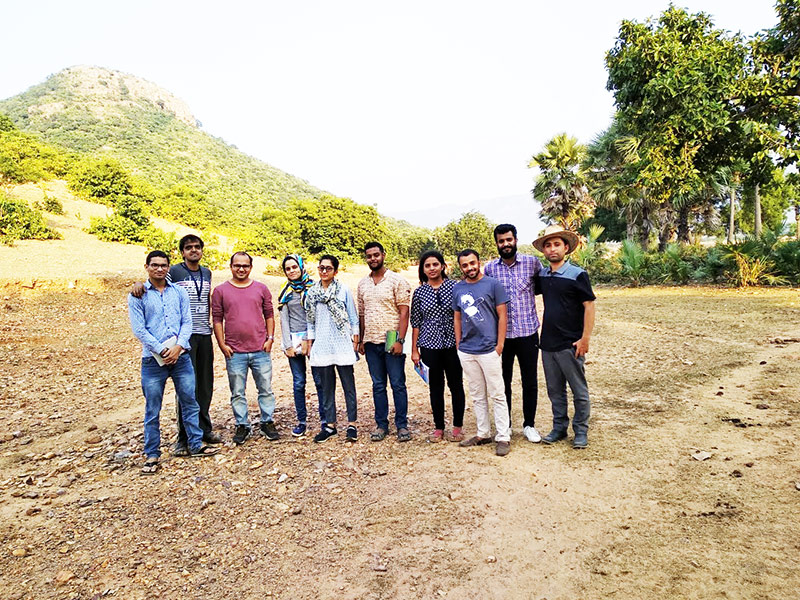
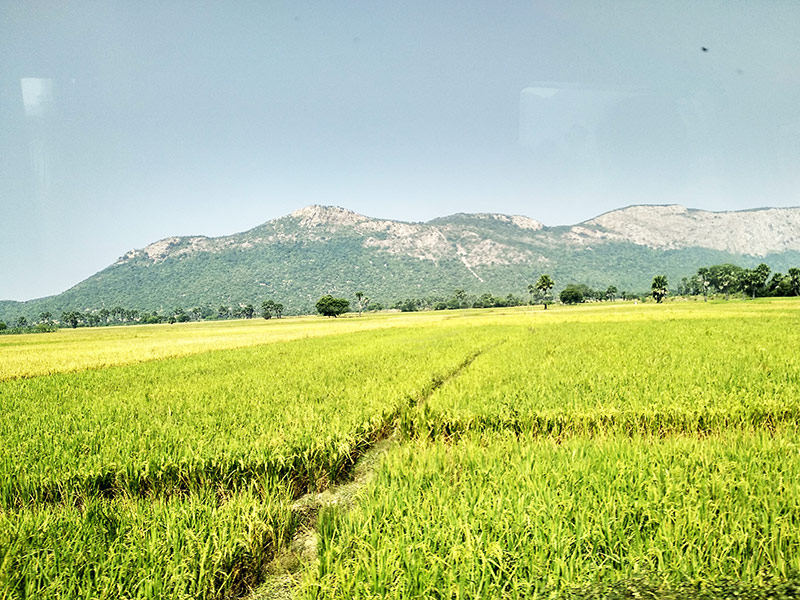
As this is a semi-arid area, the problem of water scarcity is unavoidable, the villagers are completely depended on monsoon for irrigation and consider water as ‘Khajana’. They use their traditional irrigation system to capture rainwater in Talaiya, ahar, and open wells. They practice mono-cropping and their major crop is rice. The transition from traditional agriculture to modern agriculture can be observed here. They are hopeful about modern technologies and varieties. The village is situated near to the forest, hence the human-wildlife conflicts are common.
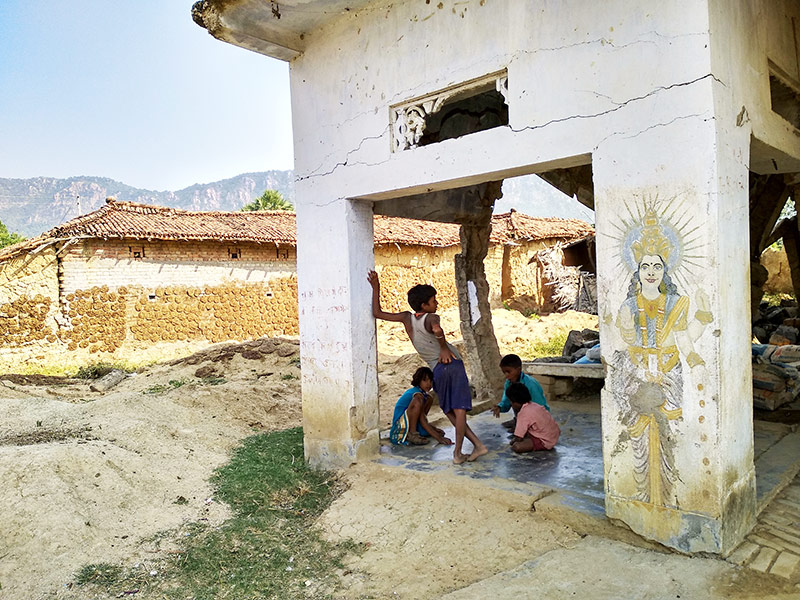
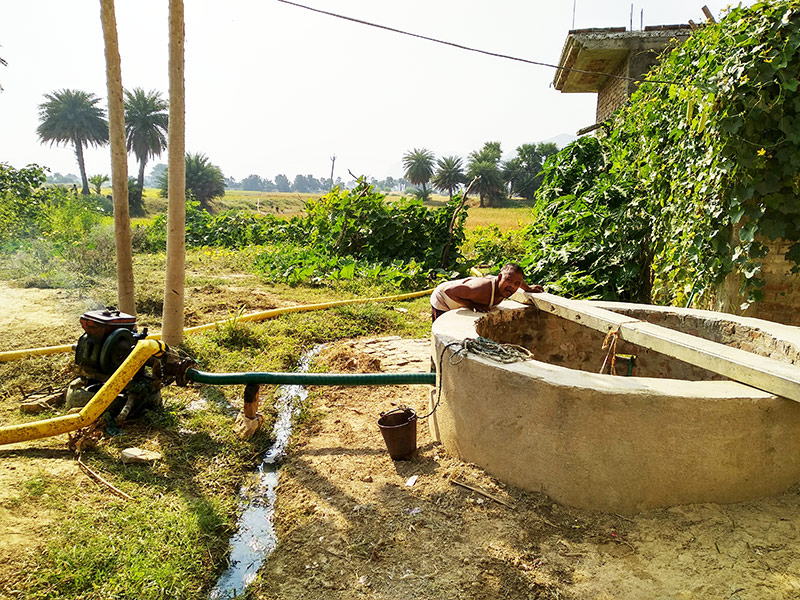
This trip helped students to recognize the importance of traditional agricultural practices and they came to know how these small farmers are managing their traditional irrigation system in order to grow rice in the semi-arid area, where it is unimaginable to grow such a water-intensive crop. At the end of the field trip, there was thorough analysis and discussion on the findings of the students to draw the conclusion on what students had experienced on the field. The individual reports were submitted by the students. This field trip helped to understand the plight of the agricultural community with myriad dimensions.
